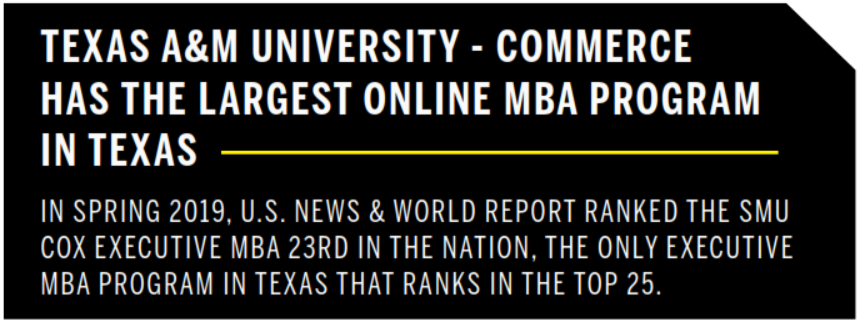How partnership, not competition, is helping DFW’s financial and investment hub forge ahead
As the largest investment services firms began landing in DFW, competition on the self-proclaimed “Y’all Street” in Westlake, Texas, was inevitable. Financial and investment companies have historically fought for the same clients, real estate and talent.
Then change occurred in DFW.
Leaders from Fidelity, Charles Schwab, TD Ameritrade, JPMorgan Chase, TIAA and the Dallas Regional Chamber (DRC) converged to create the North Texas Investment Services Coalition (NTXISC), proving that working together can be more fruitful than battling each other. The coalition consists of the organizations’ market leaders, meeting in person or via phone, every month to work on shared, coalition-established goals for DFW investment services firms.
One of the largest areas of collaboration stemmed from the need for new talent and education partners to build the talent of existing team members. With facilitation from the DRC, the NTXISC began to meet with Tarrant County College (TCC) to develop a completely new credential focused on in-demand/high-growth entry-level investment service jobs. TCC brought in staff with a business background, an expertise in teaching “soft skills” and other professional skills while building curriculum with the NTXISC companies, ensuring every student who completes the course will be eligible to work for the companies and take the entry-level licensing exam. In the program, students will be exposed to the NTXISC member companies through site visits, internships, mentoring and guest lecturers. As TCC is building the program — slated for a late-2020 launch — the investment services firms are working with internal HR and hiring managers to influence and understand the program to give applicants with the credential a leg-up in the hiring process. The NTXISC/TCC credential showcases the leadership of both the financial/investment services industry and the higher education system, specifically when meeting the needs of talent in the region.

This article is part of the 2020 Higher Education Review Magazine.